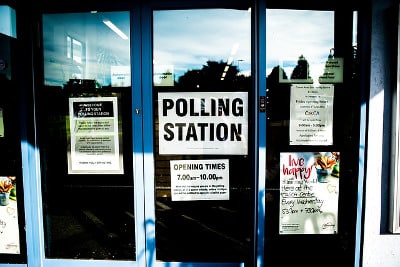Of course, this does not mean that those looking to save for their retirement should automatically look to put their cash into savings; it simply means that those looking for a low-risk strategy could do worse – Lewis’s study found that unlike shares, savings always produce profitable returns.
“People who prefer the safety of cash can make returns that beat those on tracker funds,” said Lewis. “Over the longer-term shares are likely to do better but I wanted to find out when the boundary is. My research shows that it’s only at about 18 years that the balance turns in favour of shares over cash.”
Lewis’s data showed savings accounts outperforming shares in the majority of five-year periods beginning each month from 1 January 1995 to the present. However over the course of 21 years the tracker yielded a compound annual return of 6%, superior by one percentage point to that produced by best buy savings accounts.
It should be noted, however, that in order to achieve the best possible returns on regular savings, expats need to become what Lewis terms “active savers”. This means that every year they need to move their savings between ‘best-buy’ accounts.
What Lewis’s study certainly underlines is the importance of good expat financial advice. There are so many variables applying to both people and the products they choose that good guidance is imperative.
This communication is for informational purposes only and is not intended to constitute, and should not be construed as, investment advice, investment recommendations or investment research. You should seek advice from a professional adviser before embarking on any financial planning activity. Whilst every effort has been made to ensure the information contained in this communication is correct, we are not responsible for any errors or omissions.

 Following Theresa May’s shock announcement that there will be a general election on June 8, many long-term expats were left wondering if they would get the chance to vote.
Following Theresa May’s shock announcement that there will be a general election on June 8, many long-term expats were left wondering if they would get the chance to vote.